Resource Library
Find compelling classroom resources, learn new teaching methods, meet standards, and make a difference in the lives of your students.
We are grateful to The Hammer Family Foundation for supporting the development of our on-demand learning and teaching resources.

Introducing Our US History Curriculum Collection
Draw from this flexible curriculum collection as you plan any middle or high school US history course. Featuring units, C3-style inquiries, and case studies, the collection will help you explore themes of democracy and freedom with your students throughout the year.
3350 Results
Media and Strategies for Teaching Farewell to Manzanar
Find the teaching strategies, media, and online resources referenced throughout the Teaching Farewell To Manzanar guide.
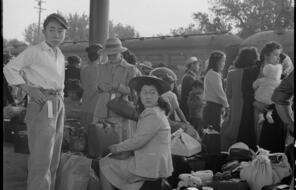
Media and Strategies for Teaching Warriors Don’t Cry
Find the teaching strategies, media, and online resources referenced throughout the Warriors Don't Cry memoir teaching guide.
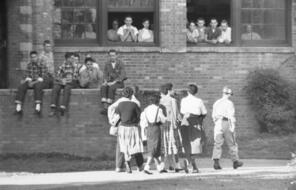
“I Wanted the Whole World to See”: The Murder of Emmett Till
This six-lesson unit delves into the history and legacy of the murder of Emmett Till, considering what we can learn from it as we work to achieve racial justice.
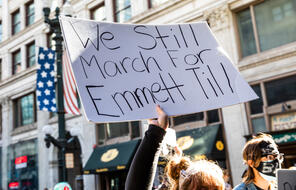
Angel Island Immigration Station: Exploring Borders and Belonging in US History
This 5-7 day C3-aligned inquiry explores the compelling question “How does the history of the Angel Island Immigration Station help us understand how borders are erected, enforced, and challenged?”
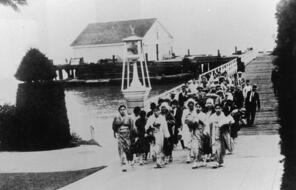
Democracy and Current Events
This toolkit provides lessons and strategies for helping your students make sense of issues in the news related to democracy.

Developing Media Literacy for Well-being, Relationships and Democracy
Teach students about media literacy, helping them develop as critical consumers and creators of information, in order to support their well-being, their relationships and our democracy.
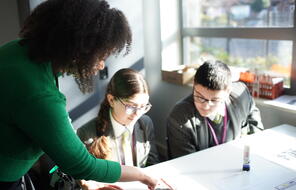
Democracy and Freedom: US History Capstone Project
This capstone project invites students to reflect on their own role in a democracy in light of what they’ve learned about freedom and democracy in US history.

Teaching about Hate Crimes and Their Impacts
This unit helps students understand what hate crimes are, the ways they impact individuals and communities, and what people can do to foster belonging and counteract hate.
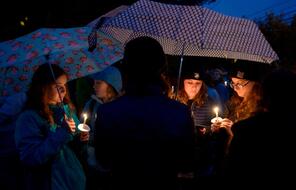
The Pursuit of Educational Justice in Boston
This 7–9 day C3-aligned inquiry explores the compelling question, “What can we learn from Boston’s past about what it takes to make progress toward educational justice today?”

Racialized Antisemitism
Examine how racialized antisemitism has impacted Jews and Jewish communities over the past few centuries with the resources in this collection.
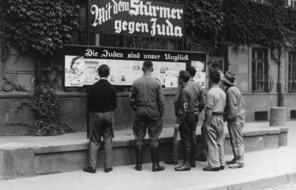
Antisemitism Today
Help equip students to recognize contemporary manifestations of antisemitism and their origins using these resources.



